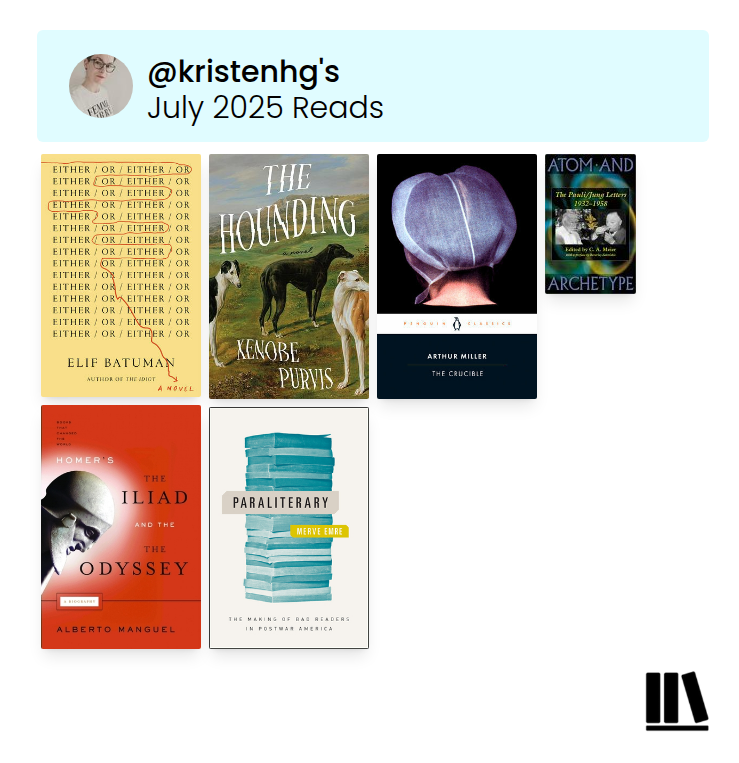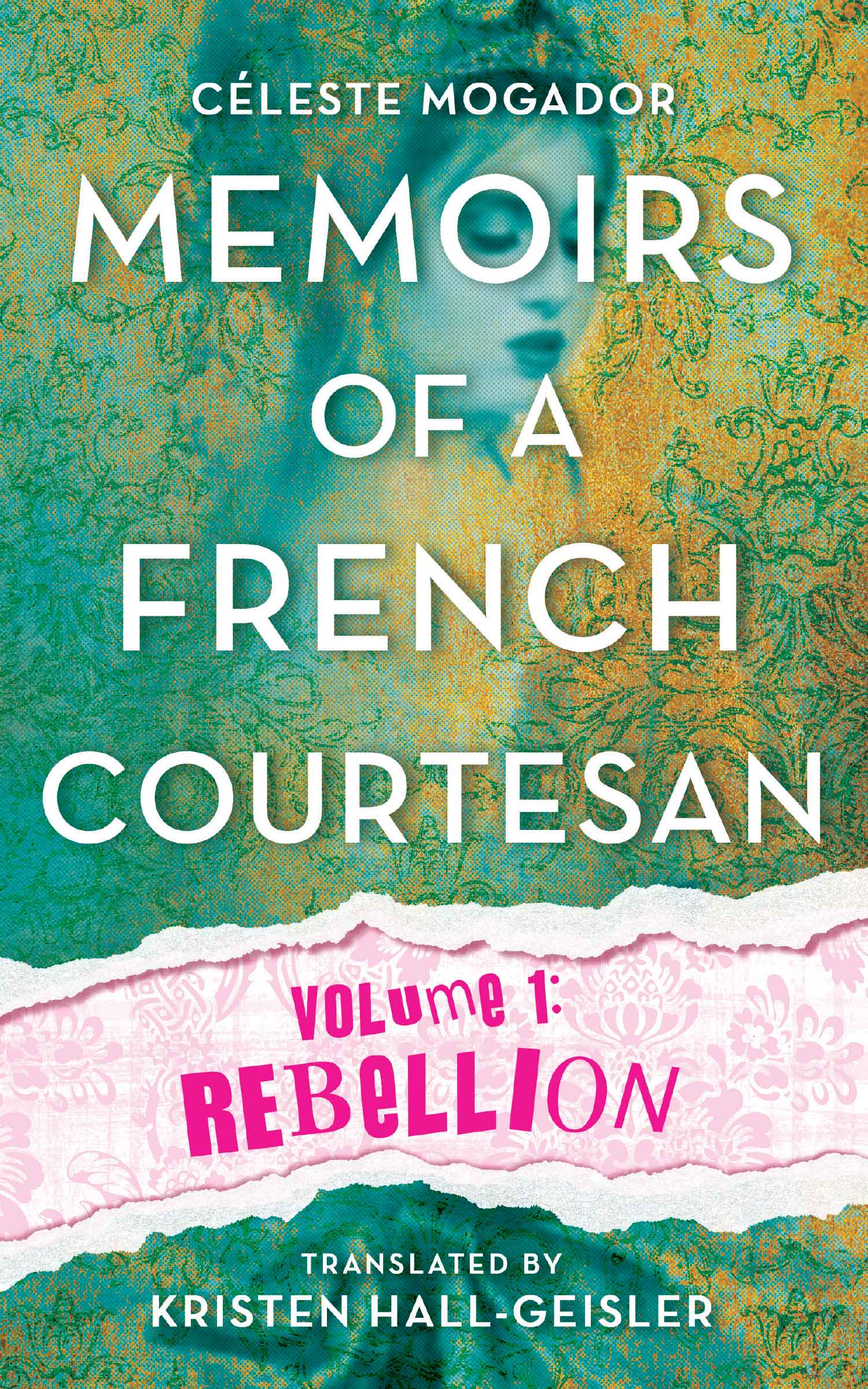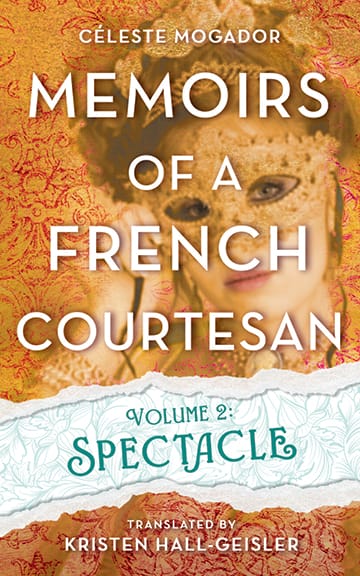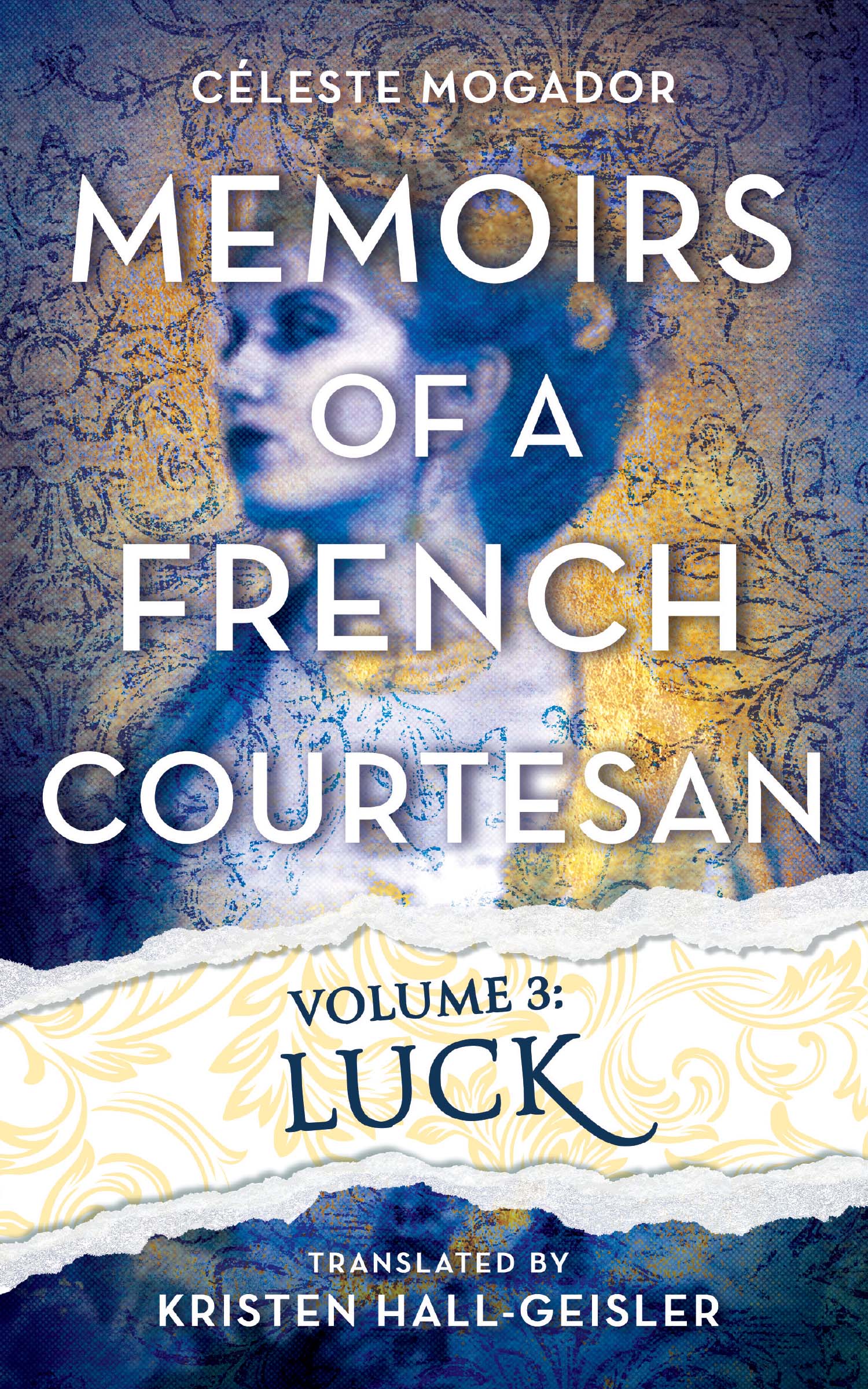July 2025 Reading Roundup

July kind of sucked, everybody. There was a medical emergency with my aging cat that we're mostly out of, and my friends and family had a dizzying array of struggles that I could only sort of help with. But there were also, as always, books. This month, a nice half dozen, also a dizzying array, now that I look at them.
I reread Elif Batuman's The Idiot in June knowing I was going to pick up Either/Or next. The first book covers Selin's first year at Harvard, and the second covers her second year. It was interesting to read them back to back and really sink into Batuman's style. She has a knack for representing the deer-in-headlights questioning of everything that intelligent kids have when they reach college while at the same time bringing in philosophy and literature and knowledge gained from years of writing into adulthood. It's firmly (and sometimes painfully) in character yet never juvenile. These books may make you want to read Dostoevsky and Kierkegaard. You've been warned.
The Hounding by Xenobe Purvis is a book a chose to read for review, and it did give me a lot to think about, but not in the way the author intended, I don't think. It's about the five Mansfield sisters who, according to a rumor that spreads throughout their small English town in the early 18th century, turn into dogs. The novel spins around them, each chapter being from the point of view of another character, most of them men. I assume Purvis wanted to use historical fiction to examine a modern-day issue, in this case the presentation of masculinity, which is a time-honored use of historical fiction (and, in the other direction, science fiction). Something felt off about it, to me, and I couldn't put my finger on it exactly, even once I'd finished reading.
Then I read the obvious pairing here, Arthur Miller's The Crucible, which I hadn't read since maybe high school. This is the play that uses 17th century accusations of witchcraft in a small American town to examine the workings of the House Un-American Activities Committee. This is where I realized what was missing from The Hounding: dimension. The characters presented one facet of masculinity and its relation to the Mansfield sisters and no other motivations or considerations. In The Crucible, there are romantic entanglements, positions that were given to others, fights over land, reputations to uphold or destroy, and struggles for power on every level. These are the basic building blocks of small-town life, and none of them are clearly present in The Hounding. It makes the whole book feel flat to me, like scrolling through Instagram rather than digging into humanity.
I'll admit I skimmed much of Atom and Archetype, the collected letters of physicist Wolfgang Pauli and psychologist Carl Jung. I admire the work of both of these men, and I was excited to see what their letters were like. Few of them were terribly enlightening, and being the kind of people they were at the time they were writing each other, there is a lot of "Kind sir, thank you so much for your letter of 18 June" or whatever. I read what I wanted and added it to the closest Little Free Library.
Homer's Iliad and the Odyssey: A Biography by Alberto Manguel was a research read, since I'm working on the proposal for a biography of Ancrene Wisse based loosely on my master's thesis. Given the histories and circumstances of these two Greek texts and my medieval text, there was little overlap even in structure. But he did ask some interesting questions of the Homeric works, and I realized there were similar questions I could ask of Ancrene Wisse. A good library loan.
I bought Paraliterary: The Making of Bad Readers in Postwar America a while ago because I admire Merve Emre as a thinker and literary critic. Now that I've finished my degree, I have room in my head to read crunchy lit crit, which doesn't make much sense now that I've typed it out, but it's true. Anyway, this book was not what I expected, but I enjoyed it. Emre uses texts from the past century-plus to demonstrate how literature was used to present an American idea or perspective globally, and how that created paraliterary texts, and how authors participated in that presentation (Henry James) or rebelled against it (Richard Wright) or tried to participate and instead kind of royally fucked up and said whatever and poured another drink about it (William Faulkner).
Have you always wanted to read Dante's Divine Comedy? You should. It's worth it. But it is daunting to read three books written hundreds of years ago. Baylor Honors College has created the 100 Days of Dante to help you through it. Starting August 25, you'll read three cantos a week until Easter 2026, when you read the last canto of Paradise. (Purgatory is the best, because I think that's where most of us find ourselves, neither as awful as the people in Hell nor as saintly as the people in Paradise.) They'll send emails every Monday, Wednesday, and Friday with links to the text, questions to consider, and a link to a YouTube video from an academic to explain what you've just read. Depending on how quickly you read, it takes maybe 30-60 minutes for each canto, including the video.
I did the 100 days the first time around and loved it. I'd never read any Dante before, and this read-along made it very doable. I want to do it again. If you want to do it with me, and if you want to talk about (I would love to have someone to talk about it with), email me at wingbackworkshop@practicalfox.com. If there are a few of us, we can do a Zoom book club, or I'll set up a popup newsletter that starts on August 25 and ends on Easter, when the read-along ends.
Links to stuff in this post:
(I receive an affiliate commission from Bookshop.org if you order using these links. Thank you!)
- The Idiot, Elif Batuman: https://bookshop.org/a/7065/9780143111061
- Either/Or, Elif Batuman: https://bookshop.org/a/7065/9780525557616
- The Hounding, Xenobe Purvis: https://bookshop.org/a/7065/9781250366382
- Atom and Archetype, edited by C. A. Meier: https://bookshop.org/a/7065/9780691161471
- Homer's Iliad and Odyssey: A Biography, Alberto Manguel: https://bookshop.org/a/7065/9780802143822
- Paraliterary, Merve Emre: https://bookshop.org/a/7065/9780226473970
KHG’s latest translations, Memoirs of a French Courtesan Volume 1: Rebellion, Volume 2: Spectacle, and Volume 3: Luck, are available now.



